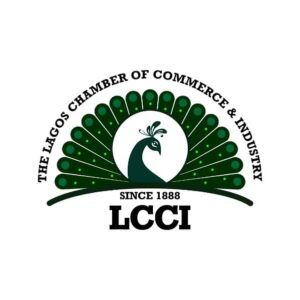
The Lagos Chamber of Commerce and Industry (LCCI), has warned that plans by the federal government to implement the recently-introduced Expatriates Employment Levy (EEL), in the country, may cause unintended consequences that may trigger the relocation of foreign companies to neighbouring countries that present a more conducive and less expensive environment for business.
The Chamber, in a statement issued by its Director General, Dr. Chinyere Almona, stated further that the imposition of the levy may also force other countries to take retaliatory actions, by imposing levies on foreigners, especially Nigerians, working abroad, which, in consequence, would affect diaspora remittances from Nigerian workers resident in other countries.
The Chamber expressed concerns that issues such as a levy on foreign workers, with tax implications, were not brought before the Presidential Committee on Fiscal Policy and Tax Reforms for inputs, in tune with the committee’s mandate of improving the business environment, before its imposition.
“There is also a need to align the provisions of this levy with existing frameworks like the Nigerian Content Development and Monitoring Board (NCDMB), existing incentives granted to pharmaceutical companies by the National Agency for Food and Drug Administration (NAFDAC) and the Nigerian Civil Aviation Authority (NCAA).
“The point must be made that maintaining expatriates in Nigeria is expensive and as such our members only bring in expatriates for very critical roles that require highly technical skills that are not readily available locally. It is out of necessity that our members bring in expatriates and as such any imposition that makes this provision expensive will discourage them and jeopardize projects requiring such expatriates.
“In comparison with developed economies, we note that countries like the United Kingdom and United States of America collect charges on expatriates in the form of visa fees at the point of processing entrance for the foreign workers coming into their countries. Countries like Singapore and Malaysia charge foreigner worker levy with several exemptions according to industries, duration, skills etc. There is a need for this policy to be reconsidered in terms of the proposed rate, implementation timeline, and possible combination with the CERPAC permit,” the Chamber argued.
While acknowledging the intention of the federal government to boost local employment and skills development through the EEL, it however stressed the need to strike a careful balance so that the levy does not serve as an impediment to the inflow and retention of foreign investments, crucial for the nation’s economic growth.
“While we are fully in support of government policies that enhance the profile of the business environment, generate more revenue for the government, and create more opportunities for local employment, we are concerned about likely perception by foreign investors that the Nigerian government is not accommodative to foreign workers. This perception is harmful to our drive for Foreign Direct Investments (FDIs) inflows,” it stated.




Comments